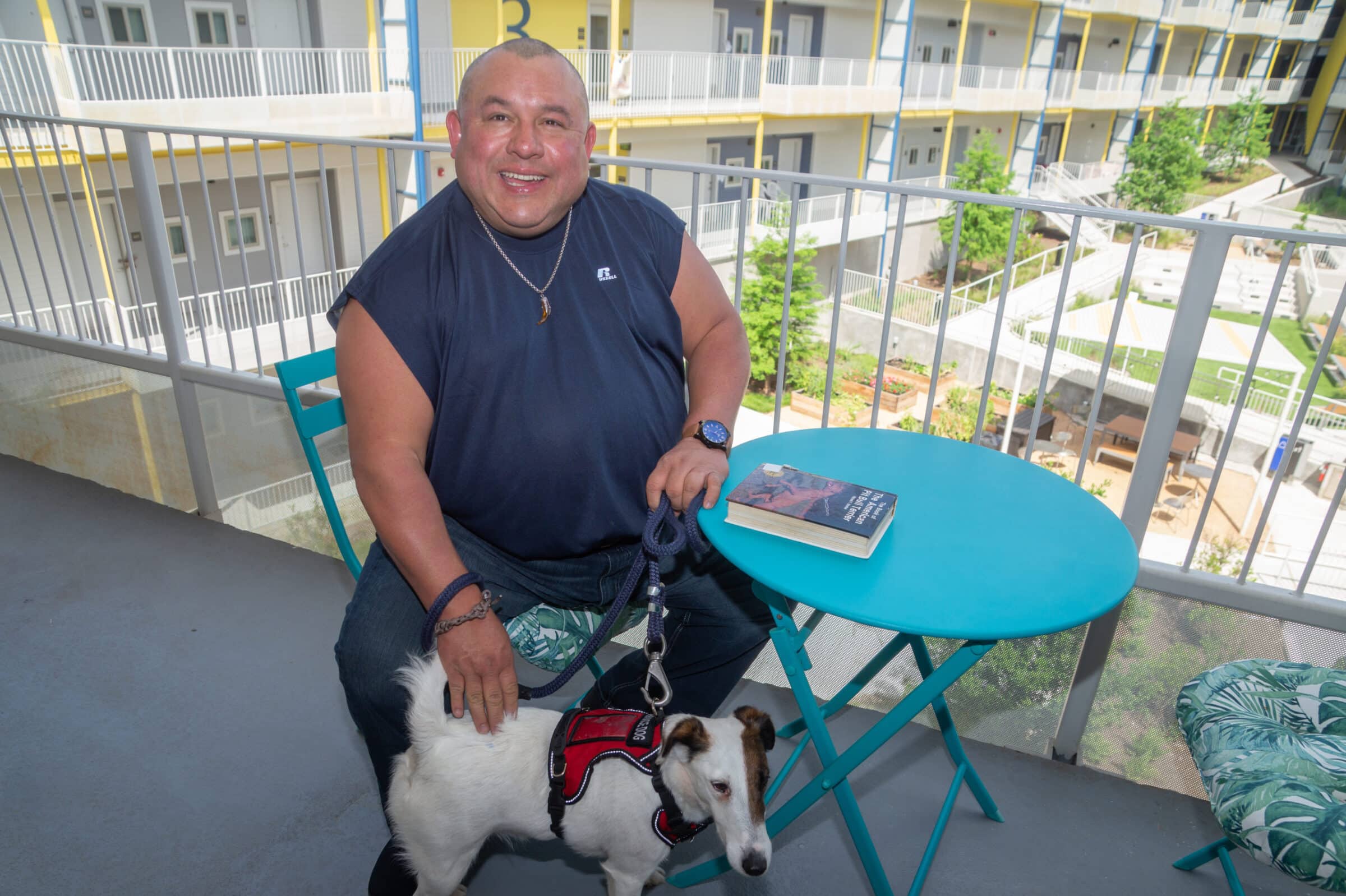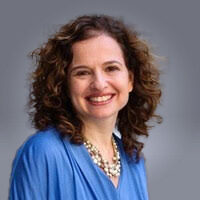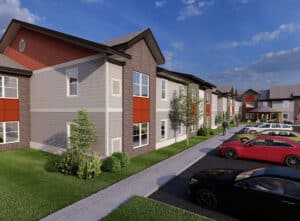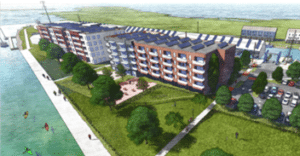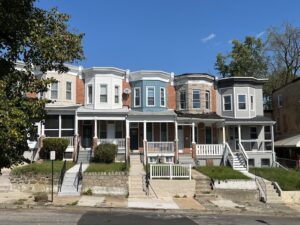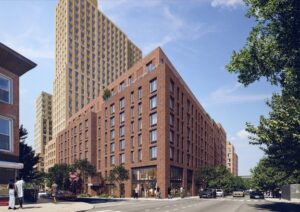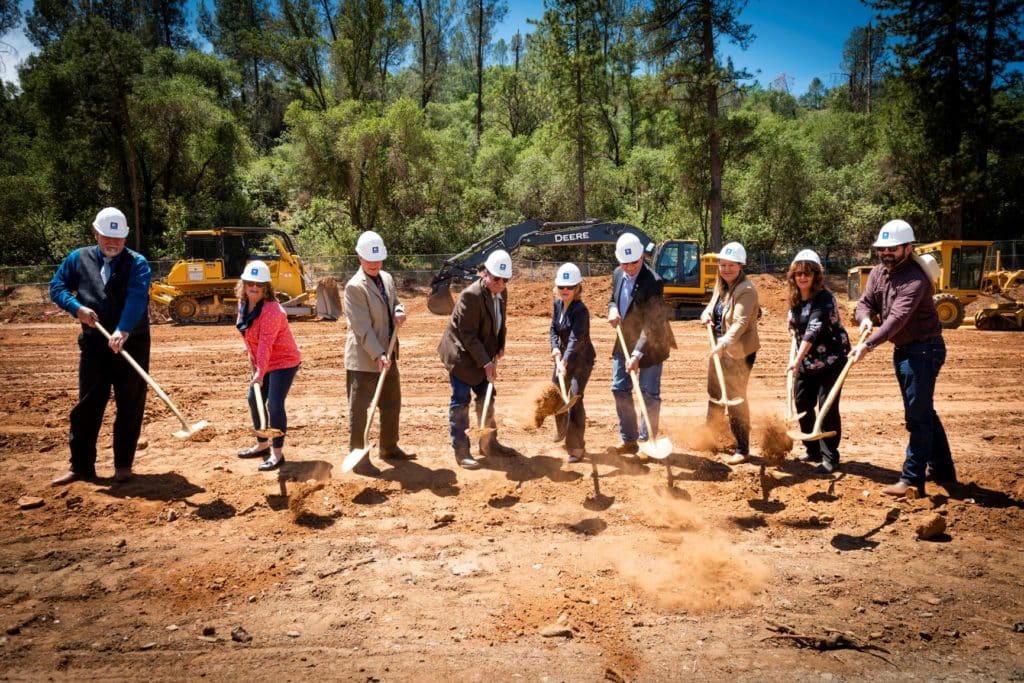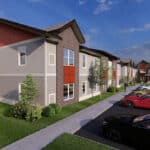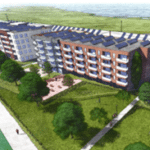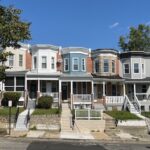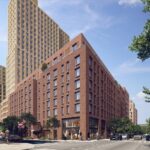Foundation Communities of Austin, TX, takes a holistic approach to its housing and services model. It puts equal emphasis on all four of its program areas: Housing, Education, Financial Stability, and Health.
“All our service programs evolved over time. We learned that most residents are very busy with jobs and kids, and there are practical things we can do around these four pillars to help them. We’ve shown you can successfully focus on more than just real estate,” said Foundation Communities’ Executive Director, Walter Moreau.
Big tech companies moving to the area have fueled a decade-long housing boom and drastically skewed the medians. Foundation Communities primarily serves families at or below 50% AMI ($50,000 for a family of four). Although many long-time Austin denizens and work in supportive roles such as service or retail, these families would be priced out of Austin
“We’re still weird, but we’re not cheap,” Moreau said, riffing on the local sentiment to “Keep Austin Weird.”
Foundation Communities has grown to serve 7,000 residents in 25 communities, including 1,000 formerly homeless individuals and families with children.
A Successful Experiment in Service
Their first service program started 25 years ago in response to survey results suggesting they start an afterschool program. In a matter of months, they had 25 children attending each day and realized they needed more space and staff. Now, their 15 learning centers include after school and preschool programs serving nearly 1,000 children a day. They also offer adult education in many subjects, including college-level courses.
“It was an experiment that took off,” Moreau said. “We quickly learned that when we build family communities (developments with 100+ apartments) with several hundred residents – that’s a small town. We need to build community spaces.”
So far, those have included fitness centers, health clinics, food pantries, and spaces for partner agencies.
“The critical part is building the space in, so we have it, then having someone full-time as Director to be the creative person who can build the programs,” Moreau said.
Modeled on successful income tax help programs in Tulsa and San Antonio, they started offering financial programs 15 years ago. Today, Foundation Communities does about 30,000 tax returns each year. The program has expanded to help families look at their whole financial picture – and led to a component of their health services program: health care enrollment. They now enroll about 5,000 people a year in health insurance.
The health program is another example of a small experiment that quickly grew into a full-blown support system. It started when they partnered with another group to hold Zumba classes. Almost every service offered by Foundation Communities follows a similar pattern: a focused program, introduced in response to community needs, grows to better meet those needs.
“All the research around social determinants of health in our communities, means having social communities and programs right outside our residents’ doors,” Moreau said.
Build Digitally Connected Communities
The face-to-face nature of their programs helps build community, but like everyone, Foundation Communities was affected by COVID. They converted programs to Zoom where possible, some with great success. For example, Zumba exercise classes became more popular thanks to the ease of logging in. They also were able to help children and their parents get to school virtually.
The pandemic also helped them pivot to new programs, such as rental assistance, working closely with city/county/state to expand it for the community; and doubling their food programs.
They did see an increase in mental health needs, including the need for extra counselors and group resources, both in families and supportive housing.
Measuring Success
“We want to design, build, operate with a long-term perspective. We’ve worked to make sure every one of our properties is financially stable as possible, with low debt.” Moreau said.
That commitment to financial stability extends to their building practices. Foundation Communities is an early adopter of green building and design features that lower energy costs. They also produce solar through the use of panels wired into home meters. Not only have they met their goal of producing over a megawatt of solar power, rooftop-by-rooftop, but they’ve done it two years ahead of schedule.
They measure success in many ways: collecting resident feedback through surveys, feedback from the board, focus groups, and more. Each service program has its own unique metrics, but there is one that unites them all.
“Participation is a key metric – if many residents participate, then we’ve got a meaningful program or service that’s building community and is of value to people,” Moreau said.
Looking to the Future
Foundation Communities has seven projects in their current pipeline. Two are in construction and will open in 2022. They also purchased an old hotel which they will refurbish and convert to supportive housing.
“Our board is really committed to growing our model.” Moreau said. “The affordable housing need in Austin has never been greater.”

